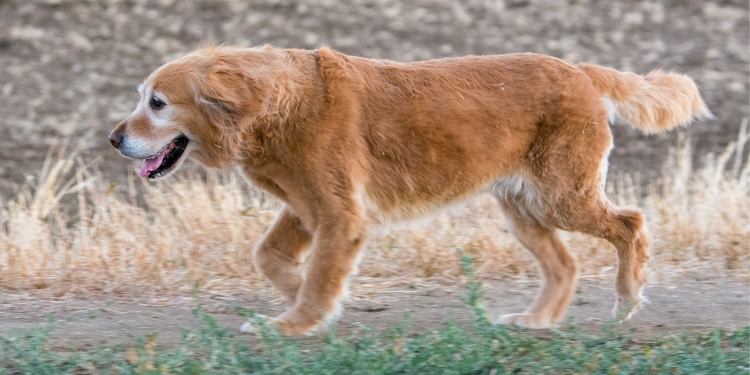You’ve heard that you can’t teach an old dog new tricks, but we don’t believe that for a second. It turns out that the key to slowing cognitive decline in your senior dog is exactly that: teaching them new tricks.
Recent research by psychologist Norton W. Milgram at the University of Toronto shows giving older animals mental exercise in the form of new problem-solving experiences, as well as exposing them to richer and different environments, helps to offset the usual decline in mental efficiency in senior dogs. Stimulating the mind in this way changes the physiology of the brain, creating new connections between existing neurons in the cortex as a result of experience.
So how exactly do you as a pet parent go about taking advantage of this? We’ve broken down this type of beneficial mental exercise into 3 categories:
-
Puzzle It Out
Similar to elderly people doing the morning crossword to stay sharp, giving your senior dog daily puzzles will keep their mind stimulated. If your dog is motivated by food (and we’re willing to bet they are…), you can fill a hollow toy such as a Kong with kibble, dog biscuits, baby carrots, etc., which your pup then has to work at to remove. If you don’t have a hollow toy, the cardboard rolls from toilet paper or paper towels work great, and your dog gets the added fun of ripping them apart (if you don’t mind the mess).
Another great puzzle game is hide and seek. This can be played by hiding treats around the house and having your dog search for them. Make the hiding spots fairly obvious at first, then increase the degree of difficulty once your pup catches onto the game. If your dog’s not a big fan of treats, you can also play with a favorite toy, or even with yourself and a friend. One of you can hide, and then encourage your dog to go find the other with a command such as “Find Mommy!”
-
Switch It Up
Changing up your dog’s daily experiences is key to warding off cognitive decline. An easy way to do this is to vary their walks. By consistently taking different routes, you expose them (and their brains) to a variety of new exciting sights, smells, and sounds. You can also take them on hikes, to the park, or along on errands, such as to the pet store. Anything to get them out of their usual environment.
If your senior dog has trouble getting around, consider a dog stroller to make longer walks more manageable, or a support harness to make getting in and out of the car a cinch.
-
Banish Boring Backyards
If your senior dog spends a lot of time in your backyard, chances are it’s become a fairly routine (i.e. boring) environment to them. While the presence of your family, additional pets, or passerby on the other side of the fence is certainly entertaining, a few simple additions can make their time outside much more stimulating. Hang ropes or toys from a fence or tree for them to play tug of war with, add some boxes or small logs for them to climb upon, or if it’s hot out, provide a kiddie pool with water for them to splash around in.
And of course, any type of play with you, their favorite person, is stimulating enough to get their neurons firing. Playtime with your senior will not only up the quality of your relationship but also help keep their brains happy and healthy.











